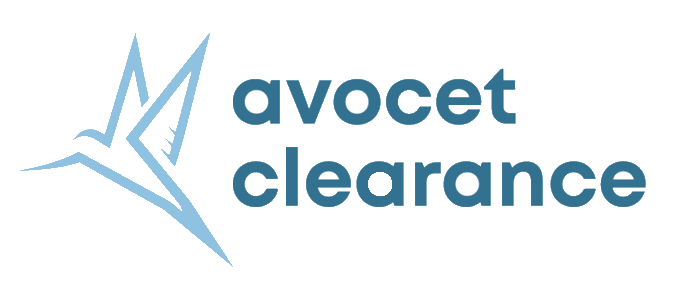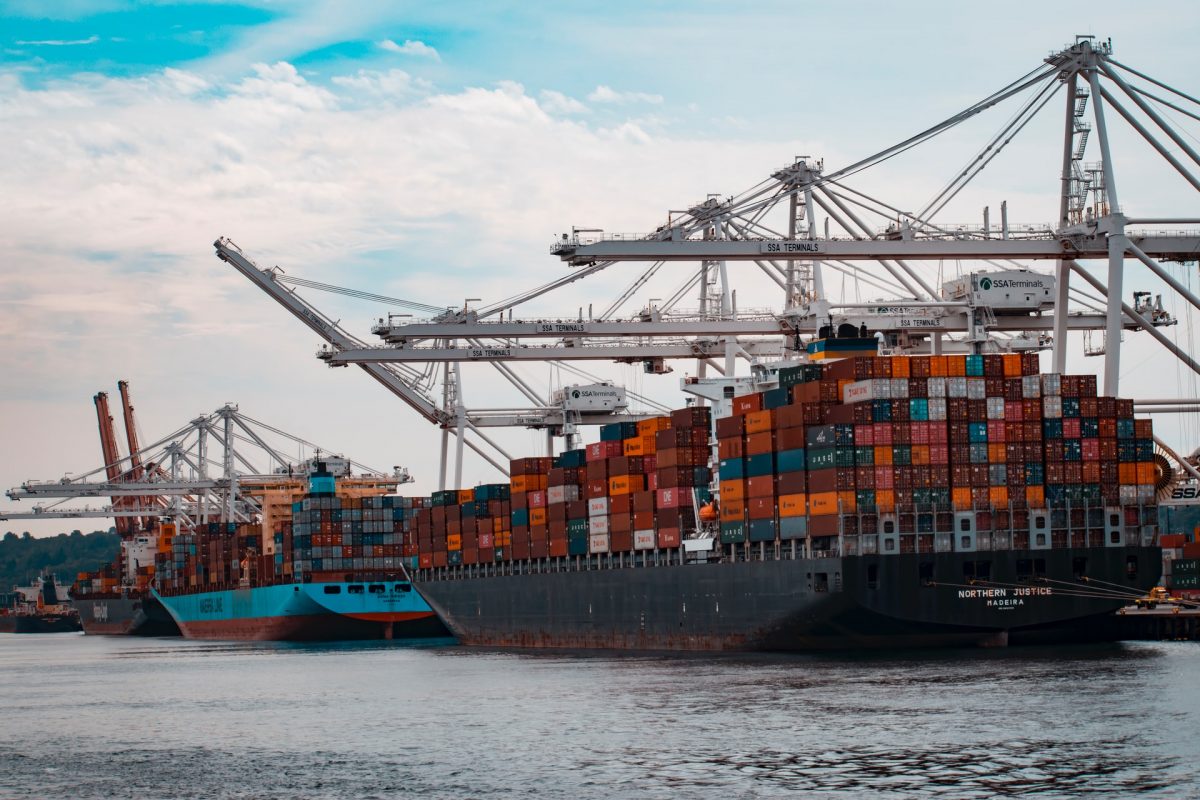Emma J. Long, Avocet Clearance
Legislation relating to food and feed possibly affected by Caesium-137 (Cs-137) following the Chernobyl nuclear disaster (April 26th, 1986) came into force on the 9th of August 2020. The Commission Implementing Regulation (EU) 2020/1158 applies to mushrooms (excluding cultivated mushrooms), wild cranberries, bilberries, and other fruits and products of the Vaccinium genus, such as blueberry, lingonberry, and huckleberry (see Table 1).
The Regulation applies to foods originating / consigned from the following 12 countries:
- Albania
- Montenegro
- Belarus
- Russia
- Bosnia & Herzegovina
- Serbia
- Kosovo
- Switzerland
- North Macedonia
- Turkey
- Moldova
- Ukraine
Consignments of food items listed in Table 1 and originating from one of the above countries will now be required to notify the Port Health Authority of the Border Control Post (BCP) prior to their first arrival, as well as to submit a Common Health Entry Document (CHED-D).
An Official Certificate, in accordance with the model set out in Annex III to the Regulation, must also be submitted (see Figure 1). This certificate must be issued by the authority of the third country of origin / the third country where the product is consigned from.
Each consignment must henceforth be allocated an identification code, which must be indicated on both the Official Certificate and on the CHED-D.
Sampling and laboratory analysis of the consignment must be completed by the authority of the third country of origin / the third country where the product is consigned from, and subsequently submitted. This test report must confirm the consignment’s detected level of Cs-137.
Copies of commercial documents, such as the bill of lading, invoice, and packing list, must also be submitted. The Port Health Authority will carry out documentary checks on 100% of CHED-Ds submitted. The Port Health Authority will also complete identity and physical checks, including sampling and analysis, on 20% of consignments. The payment of Port Health Authority charges must be made by either the importer or their representative.
To accommodate the change, there will be a transitional period in place until the 31st of December 2020. Until then, consignments accompanied by certificates detailed in Commission Regulation (EC) No 1635/2006 will be accepted, provided that these certificates are issued before the 1st of September 2020.
Figure 1. Annex III to the Commission Implementing Regulation (EU) 2020/1158.

Table 1. Food consignments possibly affected by Cs-137 following the Chernobyl disaster.



